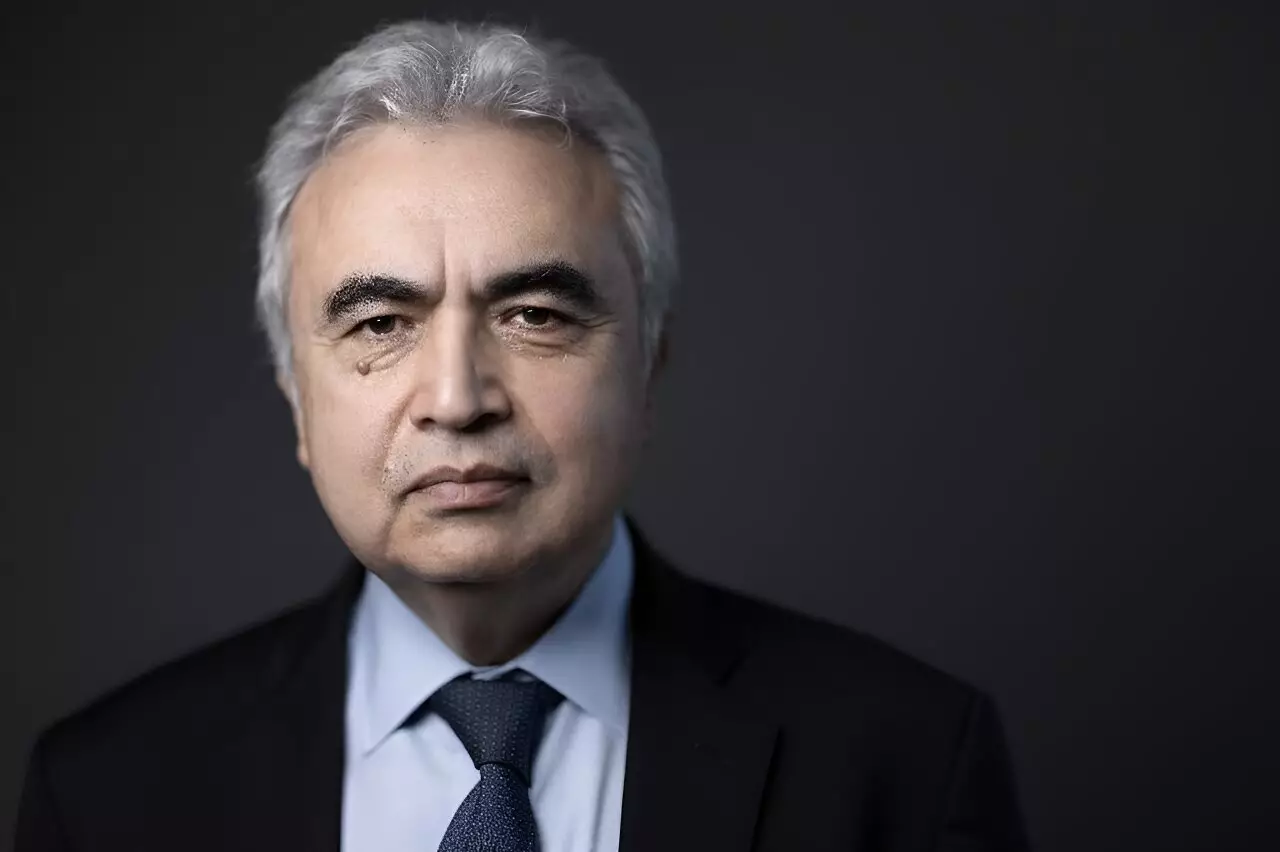Trade barriers have the potential to impede the world’s progress in transitioning to clean energy sources. As the global community strives to combat climate change, it is crucial to ensure fair trade practices that facilitate the adoption of clean energy technologies. This article explores the implications of trade barriers on the energy transition and emphasizes the importance of fostering fair trade to drive the shift towards cleaner and more sustainable energy systems.
Despite the significant advancements made in clean energy technologies, trade barriers pose a serious challenge to the global energy transition. International Energy Agency chief, Fatih Birol, highlights the potential slowdown caused by trade barriers but emphasizes the need for fair trade practices that align with the clean energy transition. These barriers can disrupt the flow of goods and services, hindering countries’ abilities to efficiently adopt and utilize clean energy sources.
China stands out as a global leader in solar and wind energy deployment, as well as electric vehicle production. However, concerns over trade imbalances and unfair practices have emerged. China has denounced “barriers to green trade,” indicating its concern about obstacles that hinder the flow of clean energy technologies. It is crucial for countries to address the trade implications of their economies and ensure fair production practices that are comparable to other nations.
Europe finds itself at a crossroads in terms of clean technology manufacturing, lagging behind China and potentially the United States. To regain its technological leadership, Europe must develop a roadmap to revive its manufacturing sector and adapt to the changing marketplace and technological conditions. European Commission president Ursula von der Leyen has engaged in discussions with Chinese Premier Li Qiang, acknowledging the need to address trade imbalances and foster fair competition in the clean energy sector.
In order to achieve the goal of tripling renewable energy capacity by 2030, the world’s wealthiest countries must provide financial support to developing nations. This funding is crucial to ensure that these countries can effectively transition to clean energy sources and reduce their reliance on fossil fuels. While commitments were made at the recent UN COP28 climate summit, the financing for developing countries remains a pressing concern. Fatih Birol emphasizes the significance of addressing this issue, particularly during the upcoming COP29 conference in Baku, Azerbaijan.
Azerbaijan’s appointment of a former state oil company executive as president of COP29 sparked criticism from climate activists. However, Birol suggests that it is important not to jump to conclusions and provide the opportunity for the country to prove its commitment to the energy transition. He highlights the importance of engaging in discussions with Azerbaijani officials to ensure a successful climate conference. Addressing concerns surrounding fossil fuel involvement and fostering goodwill within the country will be crucial for COP29’s effectiveness in driving global climate action.
Trade barriers present a significant challenge to the world’s energy transition towards cleaner and more sustainable sources. However, it is crucial to foster fair trade practices that facilitate the adoption and utilization of clean energy technologies. The international community must address trade imbalances, provide financial support to developing nations, and engage in productive discussions to ensure the success of future climate conferences. By overcoming trade barriers and prioritizing the global energy transition, we can work towards a more sustainable and greener future.



Leave a Reply